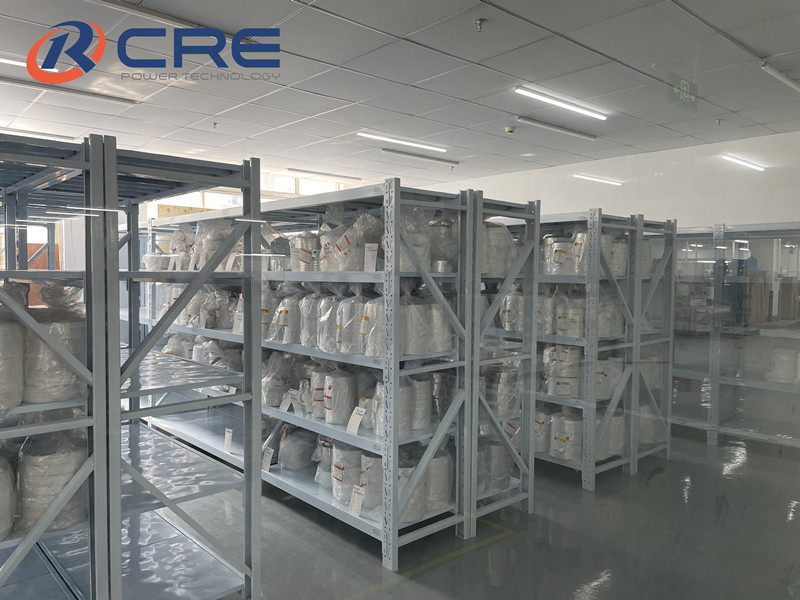With the continuous expansion of new energy demand, it is expected that China’s film capacitor market will enter a high growth period again in the next few years. Polypropylene film, the core material of film capacitors, is continuing to expand its supply and demand gap due to the rapid expansion of demand and slow release of production capacity. This week’s article will take a look at the core material of film capacitors- polypropylene film (PP film).
In the late 1960s, polypropylene electrical film became one of the three major electrical films due to its unique electrical and processing characteristics and excellent cost performance, and was widely used in the power capacitor industry. In the early 1980s, the production of metallized polypropylene film capacitors had already started in developed countries in Europe and America, while China was still in the development stage of metallized polypropylene film capacitors. Only through the introduction of metallized polypropylene film capacitor manufacturing technology and key equipment did we have metallized polypropylene film capacitors in the real sense.
Let’s get acquainted with the use of polypropylene film in film capacitors and some brief introduction. Polypropylene film capacitors belong to organic film capacitor class, its medium is polypropylene film, electrode has metal host type and metal film type, the core of the capacitor is wrapped with epoxy resin or encapsulated in plastic and metal case. The polypropylene capacitor made with metal film electrode is called metallized polypropylene film capacitor, which is commonly known as film capacitor. Polypropylene film is a thermoplastic resin made by polymerizing propylene. It is usually thicker, tougher, and has higher tensile strength, and can be used for greenhouse films, load-bearing bags, etc. Polypropylene is a non-toxic, odorless, tasteless, milky white, highly crystalline polymer with a density of only 0. 90-0. 91g/cm³. It’s one of the lightest varieties of all plastics available. It is particularly stable to water, the water absorption rate in water is only 0. 01%, molecular weight of about 80,000-150,000.
Polypropylene film is the core material of film capacitors. The manufacturing method of film capacitor is called metallized film, which is made by vacuum vaporizing a thin layer of metal on plastic film as electrode. This can reduce the volume of the capacitor unit capacity, so the film is easier to make small, high-capacity capacitors. The upstream of film capacitor mainly includes base film, metal foil, wire, outer packaging, etc. Among them, base film is the core raw material, and the difference of material will make film capacitors reflect different performance. The base film is generally divided into polypropylene and polyester. The thicker the base film is, the higher the voltage it can withstand, and vice versa, the lower the voltage it can withstand. Base film is the electrical grade electronic film, as the dielectric of film capacitors is the most important upstream raw material, which determines the performance of film capacitors and occupies 60%-70% of the material cost. In terms of the market pattern, Japanese manufacturers have a clear lead in the raw materials for high-end film capacitors, with Toray, Mitsubishi and DuPont being the world’s top quality base film suppliers.
Electrical polypropylene films for new energy vehicles, photovoltaic and wind power are mainly concentrated between 2 and 4 microns, and the production capacity has been reduced by more than half in the same period of time compared with 6 to 8 microns for common household appliances, resulting in a significant decline in total production and a reversal of market supply and demand. The supply of electrical polypropylene film will be limited in the coming years. At present, the main equipment of global electrical polypropylene film is produced in Germany, Japan and other countries, and the construction cycle of new capacity is 24 to 40 months. In addition, the performance requirements of new energy automotive films are high, and only a few companies are able to stabilize mass production of new energy electrical polypropylene films, so globally, there will be no new polypropylene film production capacity in 2022. Other investment in production lines is under negotiation. Therefore, there may be a bigger capacity gap for the whole industry next year.
Post time: Apr-12-2022


